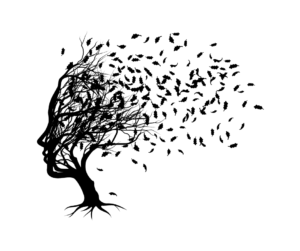What is love? Is it the heart-fluttering excitement of a romantic relationship, or is it something deeper and more multifaceted? In a world where romantic love often takes centre stage, it’s easy to overlook the myriad forms of love that enrich our lives. This post delves into the true essence of love, explores the concept of self-love, and challenges the notion that romantic relationships are the epitome of love.
Exploring Love
Love is often romanticised, depicted as grand gestures and passionate declarations. True love transcends these clichés. It’s found in the small moments of connection. The kindness of strangers. The support of friends. Love manifests in countless ways, from the comforting embrace of a loved one to the selfless acts of generosity from a neighbour.
Understanding Self-Love
Self-love is the foundation upon which all other forms of love are built. It’s the practice of accepting and honouring oneself, flaws and all. Contrary to popular belief, self-love isn’t selfish. It’s necessary for nurturing healthy relationships and living a fulfilling life. By prioritizing self-care and setting boundaries, we cultivate a deeper sense of self-worth and resilience.
The Pitfalls of Romanticising Relationships
Society often portrays romantic relationships as the ultimate source of happiness and fulfilment. However, this idealised view can lead to unrealistic expectations and disappointment. Instead of seeking perfection in our partners, we should embrace the imperfect beauty of real connection. True love is messy, imperfect, and authentic.
Unconventional Expressions of Love
Love is not confined to romantic partnerships. It’s found in the laughter shared with friends, the loyalty of a pet, and the wisdom passed down from elders. It’s present in the quiet moments of solitude and the shared sense of purpose in a community. Being able to recognise manifestations of love, we open ourselves to a richer, more meaningful existence.
Navigating Family Dynamics
Family love is often portrayed as unwavering and unconditional. However, the reality is far more complex. Sometimes, familial relationships fall short of our expectations. It’s essential to acknowledge that familial love is imperfect. By accepting our family members as they are and setting healthy boundaries, we can cultivate healthier dynamics and find peace within ourselves.
Love is a vast and nuanced emotion that defies easy definition. By expanding our understanding of love beyond romantic ideals, embracing self-love, and recognising the diverse forms love takes in our lives, we can cultivate deeper connections and lead more fulfilling lives.



